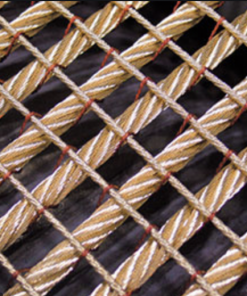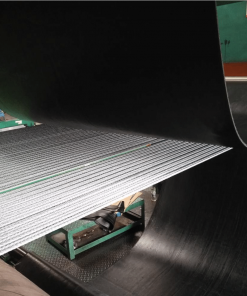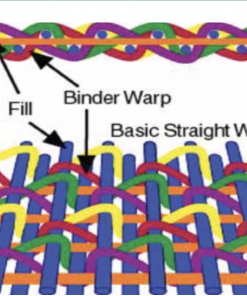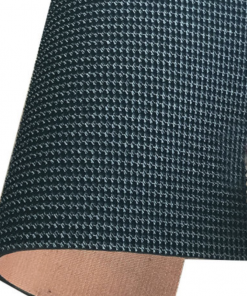Description
Food grade white conveyor belt is processed from natural rubber or synthetic rubber such as styrene-butadiene rubber and cis-butadiene rubber. Oil can penetrate into these rubber to dissolve accounts, resulting in reduced strength and other mechanical properties of rubber. That is to say, this rubber resists all kinds of oils and organic solvents. When conveying this kind of material, the oil will swell and corrode the covering glue on the surface of the belt body, resulting in the expansion and deformation of the covering glue area on the surface of the belt body, resulting in the decline of the physical and mechanical properties of the conveyor belt and the shortening of its service life. The development of oil resistant conveyor belt is based on this demand. It is made of cotton canvas, polyester-cotton interwoven canvas, nylon canvas, polyester canvas and other skeleton materials, processed through calendering, forming, vulcanization and other processes, and has good oil resistance.
Usage: Suitable for transporting oily materials and some working conditions where oiliness and chemical solvents may occur.
Acid-resistant alkali white conveyor belt: Cotton canvas, polyester canvas and nylon canvas are used as skeleton materials, rubber-plastic blends are used for covering rubber, and inert materials with excellent acidity and alkalinity are filled. The belt has good elasticity, low volume change rate and high strength retention rate.
Application: Suitable for working environment in contact with acid and alkali, such as phosphate fertilizer manufacturing, seawater salt drying, covering rubber, rubber-plastic blending and filling inert material with excellent acid and alkali resistance, better performance than chloroprene rubber acid and alkali resistant conveyor belt.





